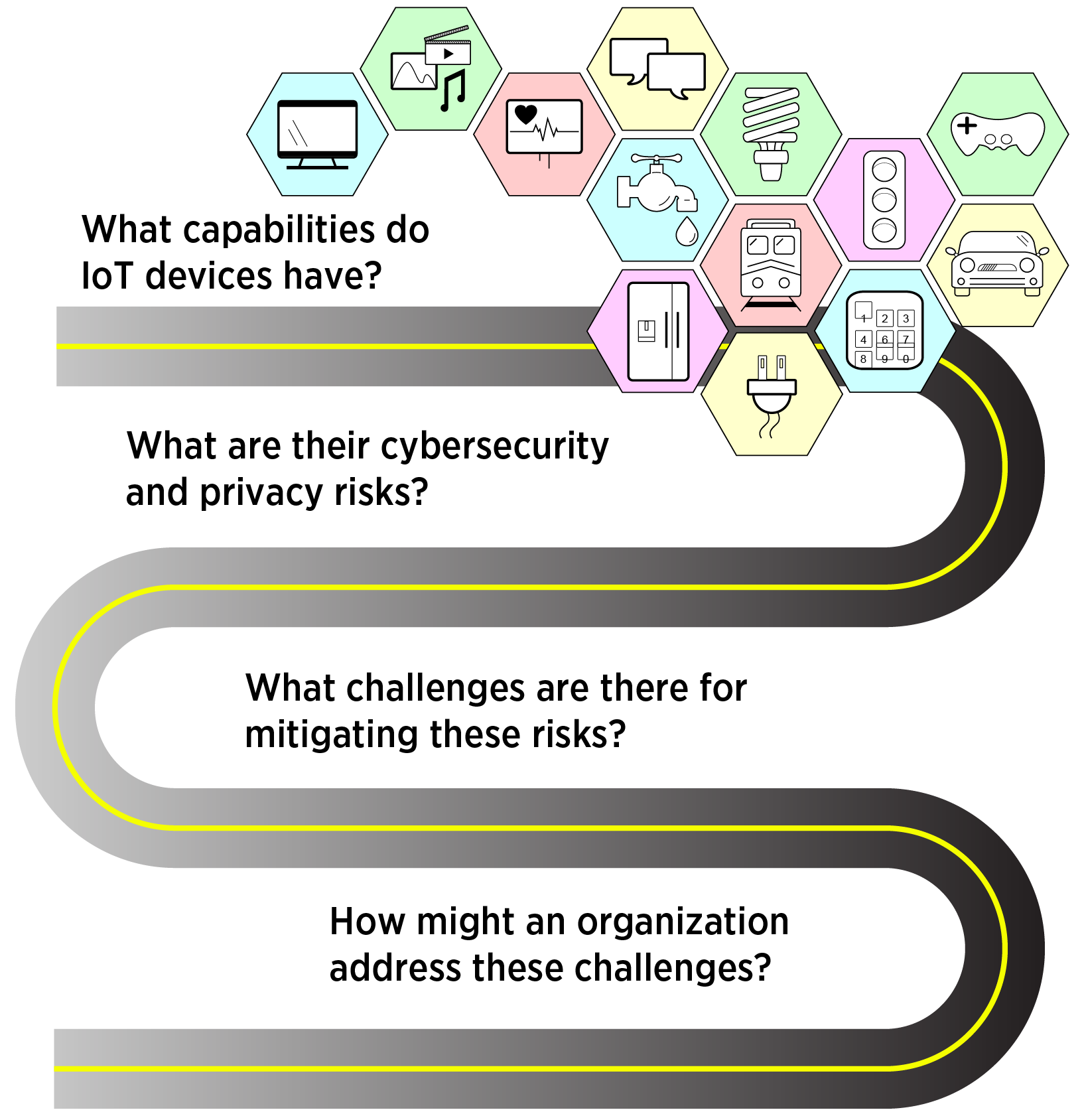Blockchain technology, often associated with cryptocurrencies like Bitcoin, has evolved far beyond its initial applications. Its unique features are transforming various industries by offering decentralized, transparent, and secure methods for handling data and transactions. This article explores the benefits of blockchain technology and its potential to revolutionize sectors ranging from finance to supply chain management.
Decentralization and Trust
One of the most significant benefits of blockchain technology is its decentralized nature. Unlike traditional databases that are controlled by a central authority, a blockchain operates on a network of computers, or nodes, each holding a copy of the ledger. This decentralization eliminates the need for a single trusted intermediary, which can reduce the risk of manipulation and fraud.
In a blockchain network, transactions are validated by consensus among participants rather than relying on a central authority. This enhances trust among parties, as the system’s transparency ensures that all transactions are visible and verifiable by all participants. For instance, in financial transactions, this means reduced reliance on banks and financial institutions, lowering costs and transaction times.
Enhanced Security
Blockchain technology provides robust security features that protect data from tampering and unauthorized access. Each block in a blockchain is cryptographically linked to the previous one, forming a chain of blocks that is nearly impossible to alter without altering all subsequent blocks. This immutability ensures that once data is recorded, it cannot be changed retroactively without consensus from the network.
Moreover, the decentralized nature of blockchain means that there is no single point of failure. Hacking attempts would require breaching a majority of nodes in the network, which is an incredibly difficult task. As a result, blockchain is particularly well-suited for applications requiring high levels of security, such as financial transactions, identity verification, and sensitive data management.
Transparency and Accountability
Blockchain technology enhances transparency by providing a public ledger where all transactions are recorded and visible to network participants. This transparency fosters accountability, as every action on the blockchain can be traced back to its origin. In industries like supply chain management, this means that the entire journey of a product—from production to delivery—can be tracked in real-time.
For example, in the food industry, blockchain can be used to trace the origin of products and verify their authenticity. This not only helps in maintaining quality standards but also aids in recalling products quickly in case of contamination, thereby protecting consumer health.
Efficiency and Cost Reduction
Blockchain technology can significantly increase efficiency by streamlining processes and reducing the need for intermediaries. In traditional systems, transactions often require multiple steps and intermediaries, each adding to the cost and time required to complete a transaction. Blockchain’s decentralized and automated nature allows for direct peer-to-peer transactions, cutting down on the need for intermediaries and their associated costs.
Smart contracts—self-executing contracts with the terms written into code—further enhance efficiency. These contracts automatically execute and enforce the terms of an agreement when predefined conditions are met. This reduces the time and cost associated with manual contract management and minimizes the risk of disputes.
Innovation and New Opportunities
The adaptability of blockchain technology fosters innovation and creates new opportunities across various sectors. Beyond cryptocurrencies, blockchain is being explored for applications in areas such as healthcare, where it can securely store and share patient data; real estate, where it can simplify property transactions and reduce fraud; and voting systems, where it can enhance the integrity of elections.
Blockchain’s ability to enable decentralized applications (dApps) also opens up new possibilities for businesses and developers. These applications operate on blockchain networks, offering enhanced security and transparency for a wide range of use cases.
Conclusion
Blockchain technology offers a plethora of benefits that extend far beyond its origins in cryptocurrency. Its decentralized nature promotes trust and reduces the need for intermediaries, while its robust security features protect against tampering and fraud. Transparency and accountability are enhanced through immutable ledgers, and efficiency is achieved through streamlined processes and smart contracts. As blockchain continues to evolve, its potential to drive innovation and create new opportunities across various industries remains vast and promising. Embracing this technology can lead to transformative changes, paving the way for a more secure, efficient, and transparent future.




